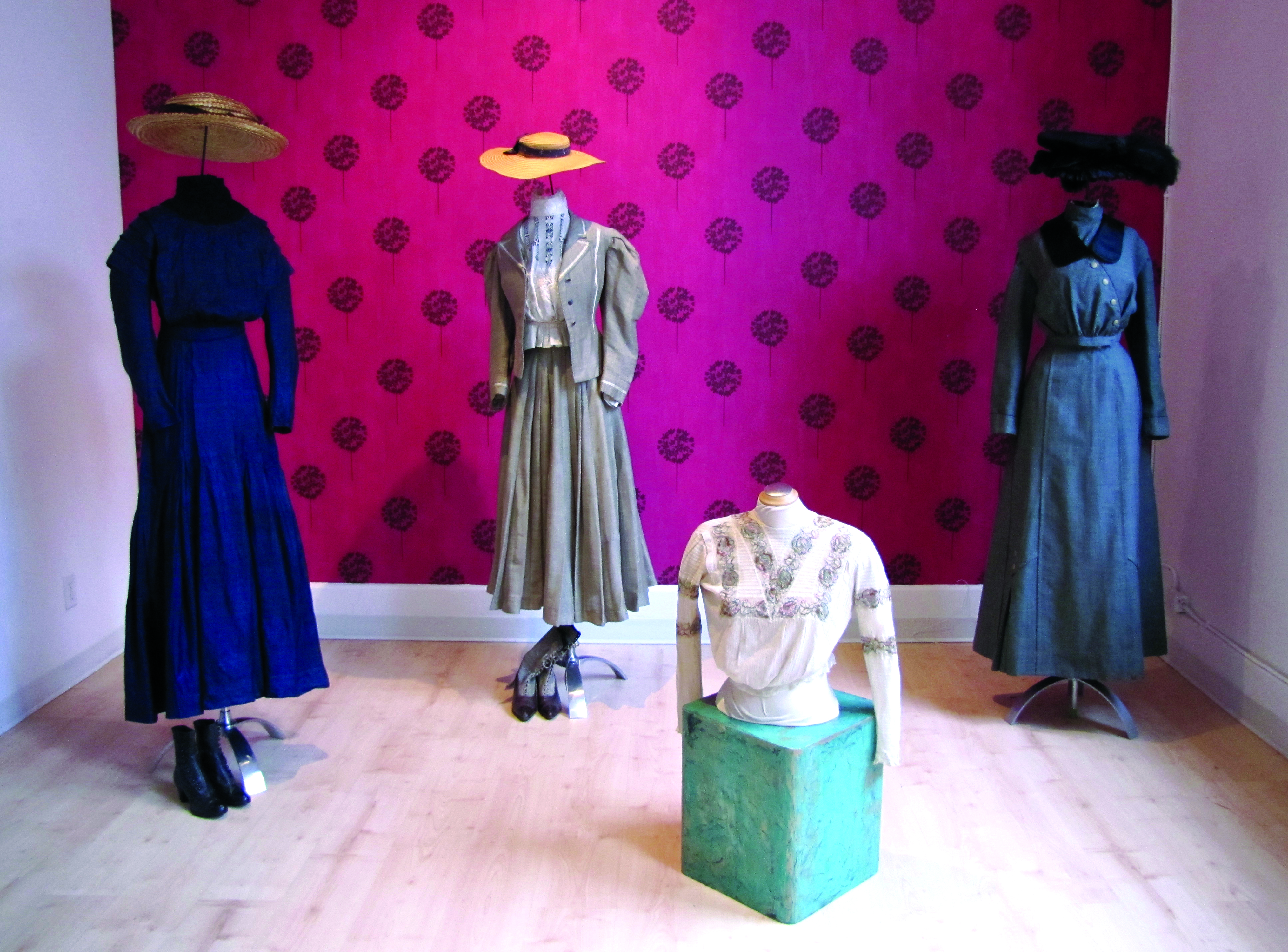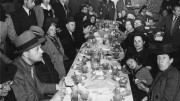Part of the university experience for most students involves working during the summer months, often in jobs that have precious little in common with their programs of study on campus. The purpose of taking these seasonal jobs is of course to acquire the financial wherewithal to continue one’s studies in the fall. In May of 1963 I had just completed my second full year at university and had plans to register again in September. To that end, one of my summer jobs was loading 60-pound crates of butter into refrigerated freight cars. I was 18 years old at the time.
To my complete satisfaction, the work demanded almost no abstract thought (this was definitely not a job for deep thinkers like Confucius or Plato, for example). And that was fine by me; after eight months of mental gymnastics, I was only too happy to park my brain in neutral for a spell. Less to my satisfaction was the pay — a buck an hour. But the job did offer one huge fringe benefit, namely, the enjoyment of working with a number of very entertaining people. My co-workers, who were at least my age or a bit older, might have made it through high school, but I was the only university student on the crew.
Our foreman was an older chap (maybe in his 30s), who had a way with words. It was his custom to casually ask us at the Monday morning coffee breaks if we “took tail” since we parted company on Friday afternoon last. It was a peculiar way of saying it, but of course what he was getting at was whether or not we had successfully negotiated sexual congress with a member of the feminine gender over the weekend. I don’t remember if he ever got an answer, or if he even expected one — it was just your basic “guy talk” that helped fill the conversational void. When it came to vacuous banter, two topics of discourse in which we could all readily participate were 1) irresponsible sexual conduct (real or imagined), and 2) alcohol abuse, by itself or in combination with No. 1. In the process, my compatriots made generous contributions to my rather stunted vocabulary. For instance, that summer was the first time I heard the expression “panty remover.”
Another piece of diction that the foreman used in rather creative fashion was “radiation.” Back in 1963, the Cold War was in high gear, and there existed within North American society an abiding fear of being bombarded by the Soviet Air Force and smothered with atomic radiation. The socio-political wits of the day coined an adaptation of the children’s nursery rhyme “Ring Around the Rosie” that encapsulated rather nicely the abiding paranoia. It went like this:
“Positrons, positrons
A pocket full of neutrons.
Fission, fission
We all fall down.”
So “radiation” was a bad thing, a fact that was not lost on our foreman. But his application of the term wasn’t confined to the horrors of nuclear warfare: for him, anything that went wrong anywhere, including the local workplace, was “radiation.” Dropping a 60-pound wooden box of cold, hard butter on your foot was a familiar example of radiation.
Of course, personally coming to grief in such a fashion could be expected to elicit a strong vocal reaction from the individual who got radiated. One of my co-workers (I’ll call him “Alfie”) had an amusing way of expressing his discomfort and dismay. When a part of his anatomy came in rough contact with a hard object, to wit, he’d squeal like a pig, thereby lending an air of barnyard pandemonium to the otherwise repetitive and hum-drum warehouse proceedings. And he was very good at it; he really, truly sounded like a stuck pig when a crate of butter fell on his foot or barked his shin.
Alfie well and truly knew the difference between right and wrong, and he could become very vocal indeed when someone was behaving badly. One evening, a bunch of us went to a drive-in movie. Now, Alfie took his movies seriously. To him, those were real people holding forth on the screen, and he could really get up-close and personal with them when circumstances warranted it. The feature film on that particular occasion was Blue Hawaii starring Elvis Presley. Elvis played the role of a lowly labourer at a pineapple plantation. The wife of the company owner was a snooty middle-aged socialite who was given to making rude, condescending remarks to and about the employees — people like Alfie, for instance.
If memory serves, Elvis took a shine to the boss’s daughter and vice versa, but of course the old shrew was steadfastly against that development and she took great pains to scuttle it. Her arrogant conduct was a bold affront to Alfie’s deep-seated sense of social justice and fair play, and she didn’t have to work very hard to get his shorts in a knot. She was pure radiation, that lady!
And thanks to our fulminating hero in the back seat, her acidic invective didn’t go unchallenged: if Elvis wasn’t in a position to defend himself, Alfie was. Every time the missus vented her spleen at poor Elvis, Alfie told her right to her face, in technicolour language, exactly what he thought of her. Talk about audience participation! By all indications, she completely ignored him (she was, after all, just an image on a movie screen), but that was OK. As is to be expected in a Hollywood fantasy such as this, things worked out just fine for Elvis in the end: he got the girl, and the obnoxious matron was deservedly hoisted with her own petard. And thank the Fates for that — there’s no way on God’s green earth that Alfie’s fragile constitution would have survived an unhappy ending to that flick.
There was an endearing side of Alfie that makes him further stand out in my memory. Back in the early ‘60s, going to university wasn’t as common as it is now. There was a certain amount of status to being a “college man,” and Alfie was quite taken with the fact that he was working alongside one on the loading dock. To make me feel at home in this menial job, or perhaps to assure me that, appearances notwithstanding, I was in polite company, he would quote and act out lines from Shakespeare while we were going about our routines. I have a hunch that, in order to make that possible, he took it upon himself to memorize bits of classical literature in the evenings before coming to work the next day. On the other hand, maybe he was just a lot better educated than I gave him credit for. Either way, he possessed a truly colourful personality and I sincerely hope that the years have been kind to him since I first met him in that fondly-remembered summer of long ago.
Twelve months later, I found myself working in a lab on campus and doing things that related directly to my course major. As a matter of convenience I was living in the men’s residence, and my roommate was one of several Brandon College students who were taking summer courses at the U of M. Here was another set of characters with their own peculiar repertoire of witticisms, erotic expressions and obtuse behaviour that kept me amused and in high spirits. But I must say that I do especially cherish my memories of the summer of ’63, when I loaded box-cars along with a small cadre of genuine, down-to-earth, everyday people who in all likelihood were destined never to see the inside of a university classroom.



